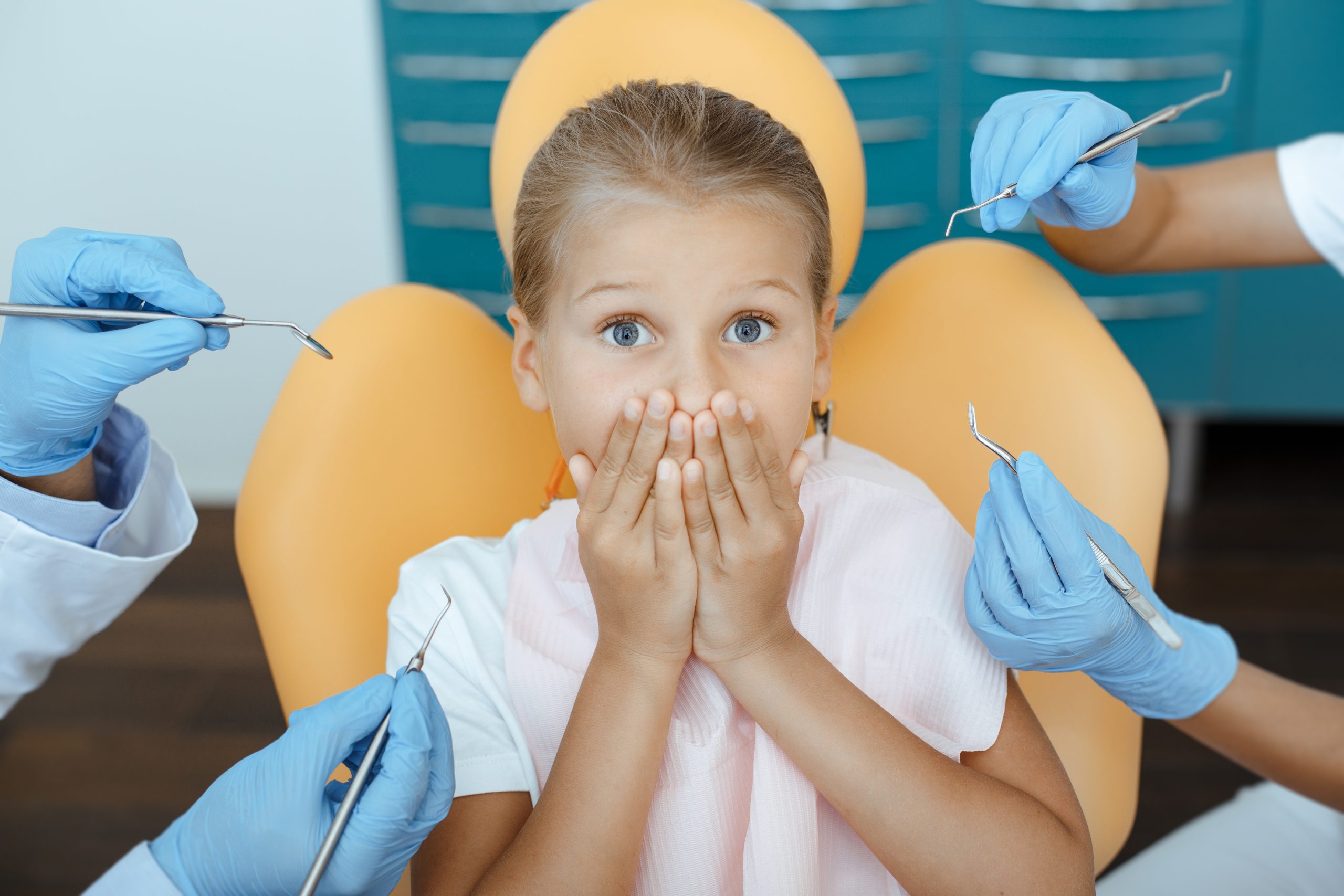The craziest myths about dental health
Over the years, there have been a lot of myths related to dental health. These myths can be detrimental to the health of our teeth, leading us to make the wrong decisions. Here are some of the craziest dental health myths:
Using homemade toothpaste is better than commercial toothpaste. This myth is false. Commercial toothpaste was developed to protect and strengthen teeth. Homemade toothpaste can be abrasive and cause damage to teeth.
Sugar is the main cause of tooth decay. While it is true that sugar can cause tooth decay, it is not the only factor. Oral hygiene, genetics and other factors also play a role in the development of cavities.
Baby teeth do not need dental care. Baby teeth are temporary, but they are important for the development of permanent teeth. If not properly cared for, they can cause problems for permanent teeth.
Mouthwashes can replace toothbrushing. Mouth rinses can be useful as a complement to toothbrushing, but cannot replace it completely.
Brushing is essential to remove plaque and prevent tooth decay and periodontal disease.
Tooth whiteners damage tooth enamel. It is true that some whiteners can be abrasive and damage tooth enamel, but this does not apply to all products. It is important to choose a safe product and follow the instructions for use to avoid damaging teeth.
Sugarless gum can replace brushing. Although sugarless gum can help reduce plaque, it cannot replace brushing and flossing. These are essential to remove plaque and prevent tooth decay.
Chewing ice makes teeth stronger. This myth is completely false. Chewing ice can damage tooth enamel and even cause teeth to break.
Hard toothbrushes are more effective at cleaning teeth. In reality, hard toothbrushes can be too abrasive and damage tooth enamel. It is recommended to use soft or medium toothbrushes to clean teeth.
Diet soda is safe for teeth. Although it contains no sugar, diet soda is acidic and can weaken tooth enamel. It is important to limit its consumption and to rinse the mouth with water after drinking it.
Tooth decay is hereditary. While genetics can influence dental health, tooth decay is not hereditary. The occurrence of cavities depends on factors such as oral hygiene and diet.
In conclusion, it is important to be informed and not be carried away by myths about dental health. If you have any doubts or need advice, do not hesitate to contact your trusted dentist. They will be able to provide you with reliable information and help you take care of your dental health effectively.
